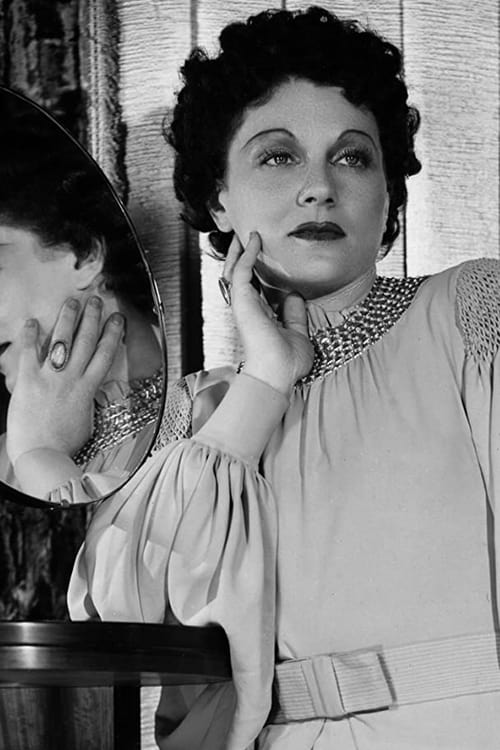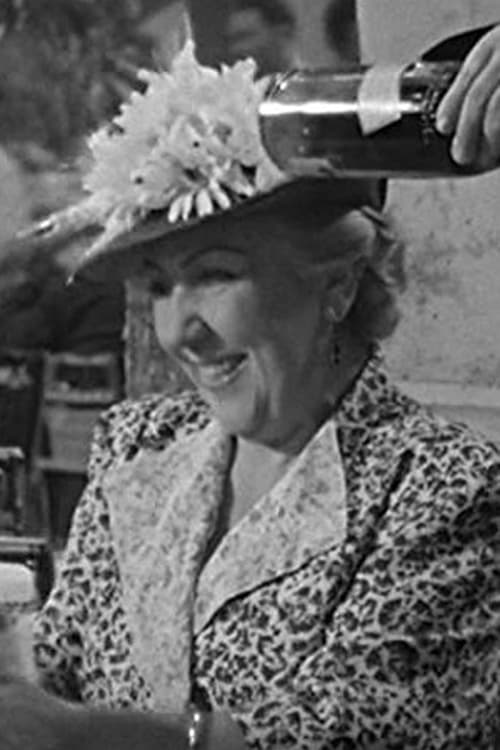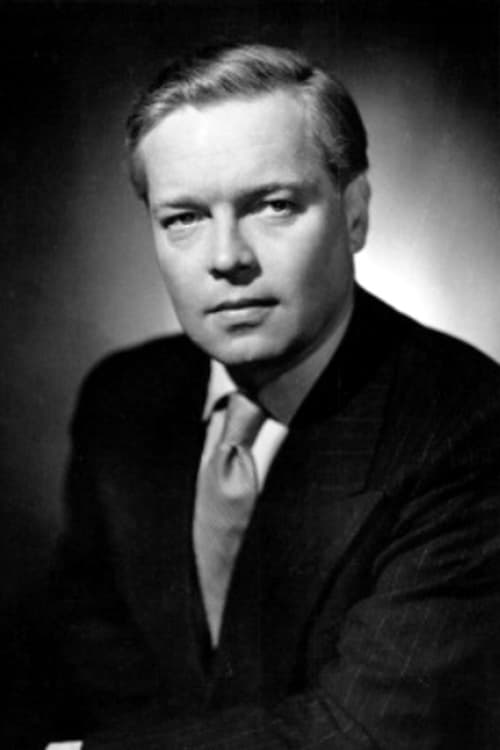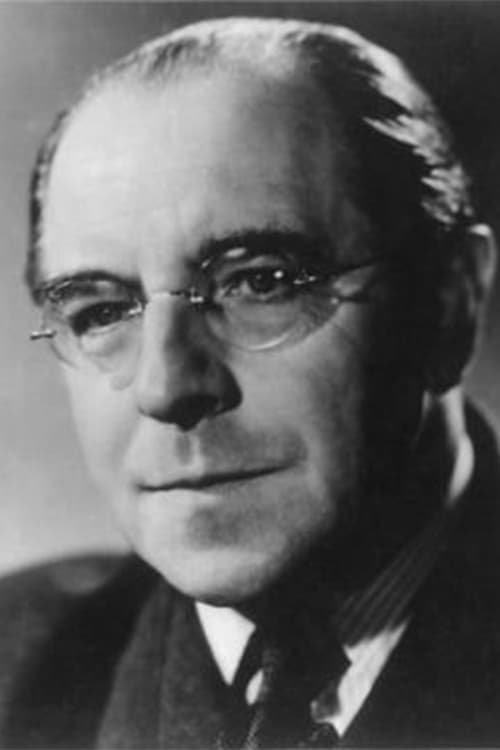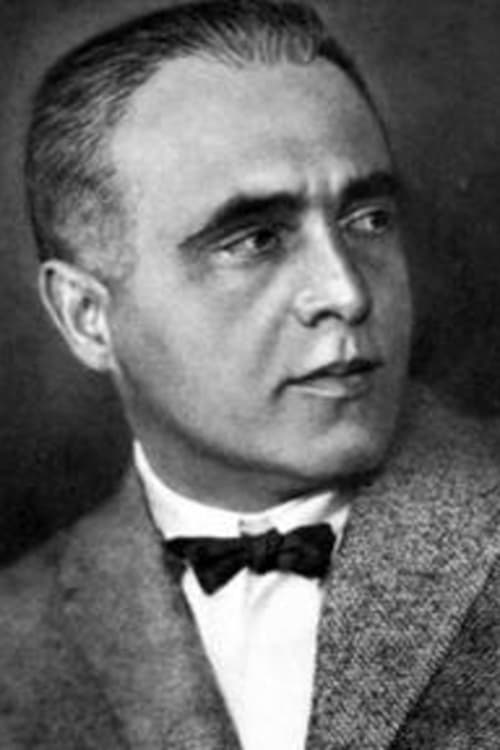The Treasure (1923)
Жанр : мелодрама, драма
Время выполнения : 1Ч 20М
Директор : G.W. Pabst
Писатель : G.W. Pabst
Краткое содержание
On the surface a straightforward tale of the search for a buried treasure, the film is a textbook example of German expressionism, with the passions of the protagonists conveyed as much through symbolism as action.
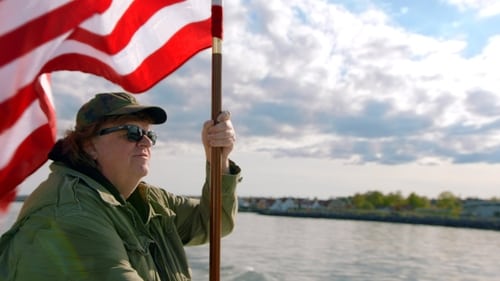
Знаменитый документалист Майкл Мур, вооружившись камерой и флагом, хочет «завоевать» самые прогрессивные идеи Европы, чтобы внедрить их в США. К своему удивлению он обнаруживает, что все эти новаторства Старого Света — забытые обрывки американской мечты…
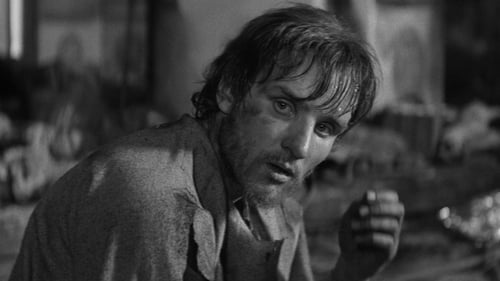
Русь начала XV века. Страну раздирают княжеские междоусобицы. Набеги татар, голод и мор преследуют народ… В эту трагическую эпоху появляется на Руси великий живописец, жизни и творчеству которого посвящен фильм.Сведения о нем скудны и отрывочны. Лишь немногие творения гениального мастера дошли до нас. Авторы фильма стремились воссоздать духовный мир Андрея Рублева.

Charlie, the protagonist of the Slovenian film “Porno Film”, is so dedicated to his porn viewing that his two friends John and Frank jokes that he must have a PhD in pornography by now. Using Charlie’s extensive knowledge of all things porn, the trio sets out to make the “first real Slovenia porn film”, in Slovenian language and everything — except the women in the film are emigrated Russian hookers, and their Slovenian isn’t very good.

Laibach is a Slovenian avant-garde music group associated with industrial, martial, and neo-classical musical styles. They formed on June 1, 1980 in Trbovlje, Slovenia (then Yugoslavia). Laibach represents the music wing of the Neue Slowenische Kunst (NSK) art collective, of which it was a founding member in 1984. The name "Laibach" is the German name for Slovenia's capital city, Ljubljana.

After being fired, a young car mechanic Đuro gets recommendation to look for another job in a remote village. His new boss is warm, old fashioned and naive - completely opposite from the world he's coming from. The peaceful atmosphere is shaken when Đuro falls for a regular customer's wife.

At the end of the last century hunters who hunted wild roosters, while waiting for prey to show up, were killing time with storytelling. The first story is about Jernac that had a fight with Tomas because of Rezika. Another story tells about Tincek, limp foundling, who spent his youth with the Komar family, where he fell in love with their Lencka. The third is the story of a rich Miholac whose attention was grabbed by poor Polonca, a romance that was opposed by his father. The central theme of all stories is love that eventually everybody die of.

1905 short film showing people walking down a Ljutomer street after mass.

On the surface a straightforward tale of the search for a buried treasure, the film is a textbook example of German expressionism, with the passions of the protagonists conveyed as much through symbolism as action.

По окончании войны бывший партизан Алеш, потерявший в боях руку, вынужден работать курьером. Мещанская среда, окружающая Алеша, способствует тому, что он становится озлобленным, раздражительным. Однажды в дни праздника, посвящённого освобождению страны, Алеш снова встречается со своими боевыми друзьями и с девушкой, которую когда-то любил. Разговор с ними, а также чуткое отношение некоторых сослуживцев резко меняют судьбу Алеша — он вновь обретает веру в себя, в людей, в жизнь.

The film is based on a novel by Ivan Tavcar and was adapted for the screen by Andrej Hieng. It is set at the end of the 17th century in the area that is now Slovenia at a time of religious intolerance with Amandus, a Catholic priest, determined to persecute local Protestants.

Set in the Tolminsko province of Slovenia in 1713, shortly after the Peasants' Uprising. The Grogovc family are forced to live in exile in a wasteland area of the country, where they suffer from the plague which gradually kills off the colony.

Тасмания, 1954 год: мигрантка из Словении Мелита бросает своего мужа и маленькую дочь Соню. Обезумевший отец Сони продолжает свою новую жизнь в новой стране, но вскоре он впадает в алкогольное отчаяние, и Соня сама оставляет его при первой же возможности. Теперь, почти 20 лет спустя, одинокая и беременная Соня возвращается в высокогорье Тасмании и к своему отцу, пытаясь собрать воедино кусочки своей жизни.

Экранизация первой части трилогии "Кекец из нашего города" словенского детского писателя Йосипа Вандота. Альпы. В долине располагается деревня, в которой господствуют идиллия и доброта. Высоко же в горах, друг напротив друга живут Добрый Дедушка и Злой Человек - браконьер. У Злого Человека есть служанка - девочка Мойка, которая от безысходности терпит и тяжелую работу, и злой характер своего хозяина. Однажды она встречает Доброго Дедушку и рассказывает ему о своей нелегкой жизни. Несмотря на страх перед своим соседом, старичок забирает Мойку с собой, но, к несчастью, попадает в лапы браконьера. Тот привязывает его к дереву и оставляет умирать. Кекец, маленький мальчик, гуляя в горах, находит старичка, освобождает его, но сам попадает в лапы браконьеру. Теперь только смелость мальчика, его ум, ловкость и бесстрашие могут помочь спастись самому и спасти своих новых друзей...

Действие фильма происходит в словенском прибрежном городке во время Второй мировой войны. Фильм рассказывает историю о крестьянах, которые помогают партизанам избавиться от итальянских, а затем и немецких властей, правивших городом в последние годы оккупации.
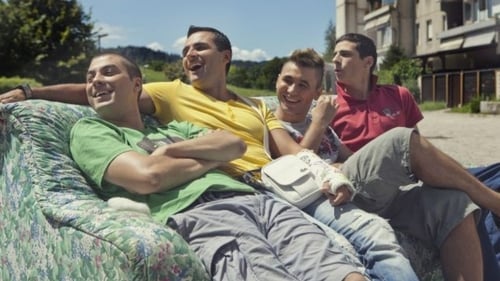
Marko, Adi, Aco and Dejan hag out in front of block of flats in Fuzine. Marko is pissed because he quit playing basketball and because the sexy TV presenter doesn't notice him and because his father Radovan is going to beat him up for quitting basketball. Adi is irritated by the fact that his brother Sanel is a drug addict and because his father Mirsad prefers to shang waitresses somewhere in Austira rather than to deal whit this. Makarovicka chefur girl gives a hard time to Aco and he would like to tak a revenge on Damjanovic - bus driver. Dejan is anxious because his mother Sonja wants to move to Slovenske Konjice. Policemen stop the boys one night and their world starts to disintegrate.

Špela graduated in Art History and has never had a steady job. Unlike her two best friends, who have moved out of Slovenia years ago with no plans to return, she is determined to stay in Ljubljana. When even her longtime boyfriend gets a job abroad she moves back in with her parents and her grandma. But Špela wants to grow up and cut the cord instead of delaying her already well overdue adulthood any longer.
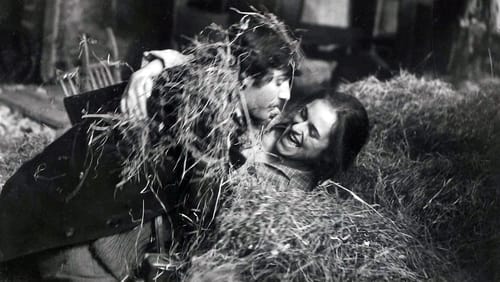
An ex-partisan and current political activist sets out to Styria region in Slovenia to buy out the wheat from peasants and convince them to form the farming collective. His ostensible success (based on blackmailing rather than convincing), as well as his love defeat, make him disturbed and he kills an innocent man while performing a social mission.

Через горы и долины со звонкой песней добрый и веселый мальчик Кекец направляется на хутор к Скаларам пасти стадо. Вместе с Кекецом на горное пастбище отправляются сын хозяина, трусишка Рожле, и слепая девочка Мойца. Рожле боится всего на свете, а больше всего тетку Пехту, которая живет в горах. Однажды Пехта похищает Мойцу. Кекец отправляется на её поиски и освобождает девочку. От Мойцы он узнает, что у Пехты есть лекарство, которое излечивает слепоту. Смелый и упорный Кекец преодолевает все препятствия, добывает лекарство, и счастливая Мойца снова видит.

In Ljubljana lives a bus driver Stebe. He's a widower. He lives with five sons and a maid Rozi. The boys are very naughty and keep annoying Rozi and, in fact all neighbourhood. One day Rozi in desperation declares that she is leaving them, because she cant stand it no more. And she does leave, although she is fond of the boys. Soon afterwards Rozi's niece Meri comes by, asking if she might stay because she wants to find herself a job in town. Meri is good girl but cannot cope with the kitchen work as successfully as her aunt. But the whole Steb family seems to be charmed by her. Even one of Stebe's own colleagues, Tone, begins to take interest in the girl. Meri likes him too. Stebe's boys feel quite disappointed because of it. But all's well that ends well: in full conspiracy Meri qualifies as bus driver while Rozi returns to the Stebe family.

Breza, a country boy from a godforsaken Prekmurje village, wishes to perform at the village festivities playing his electric guitar, but is faced with fierce competition in the form of a traditional Roma band entertaining the villagers by playing popular folk music. Nevertheless, his music seems to be the key to the heart of Silvija, a village beauty and the daughter of a wealthy gastarbeiter from Switzerland, who was sent home to find a healthy Slovene husband. However, the story of Breza and Silvija only marks the beginning of the plot whose main character is actually Düplin, an eccentric outsider, a deaf-and-dumb tramp or, as Breza's mother, the old Popovka, a farm owner and a fortune-teller also referred to as Strina, called him "a lad from a citrus producing country".

